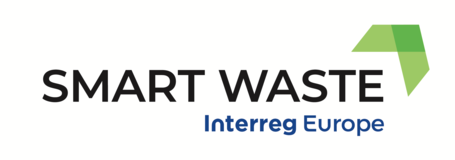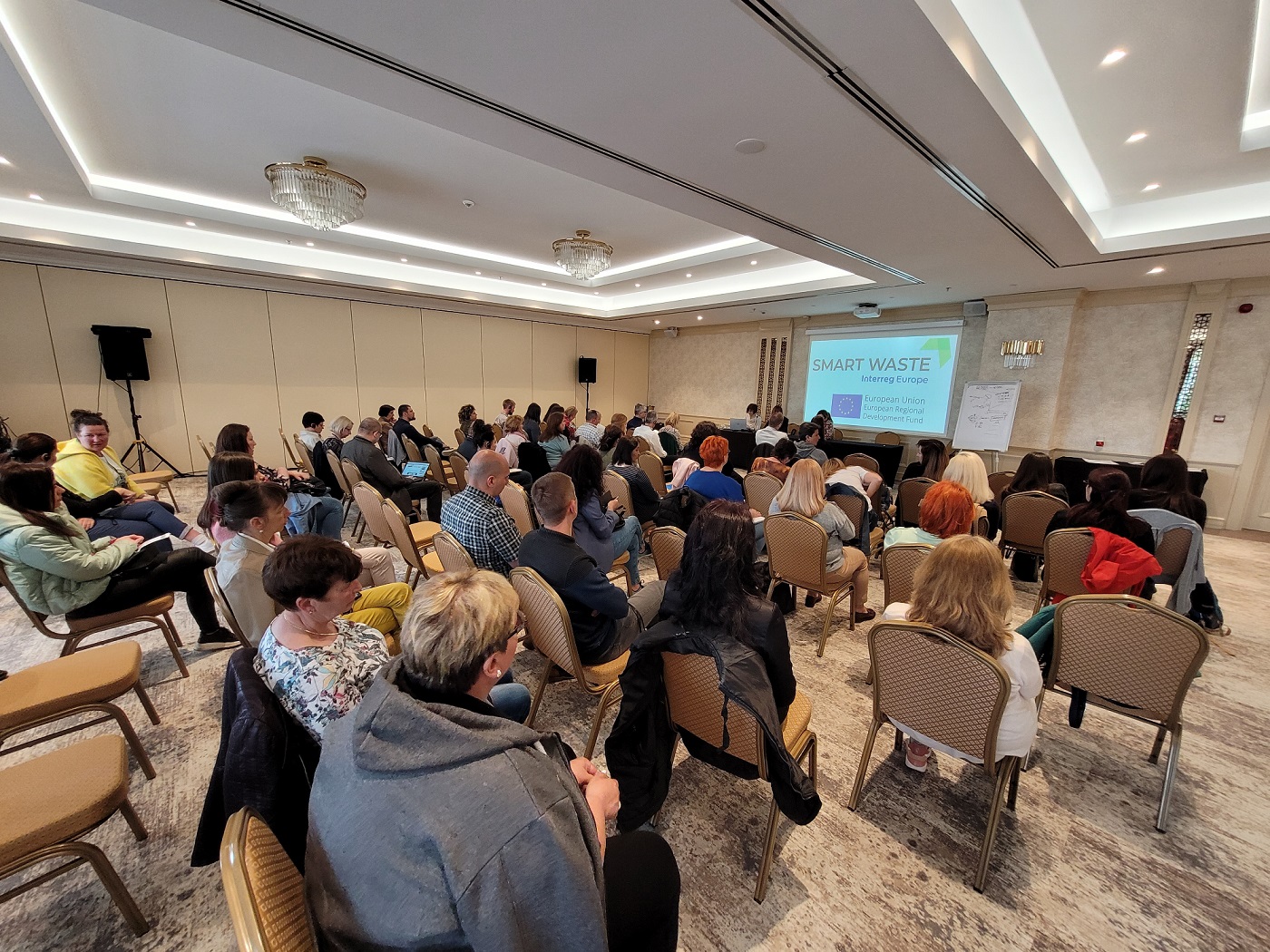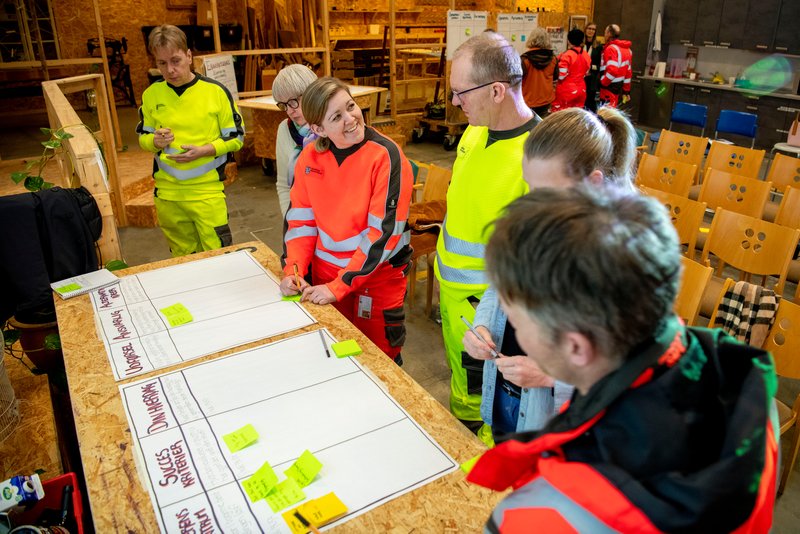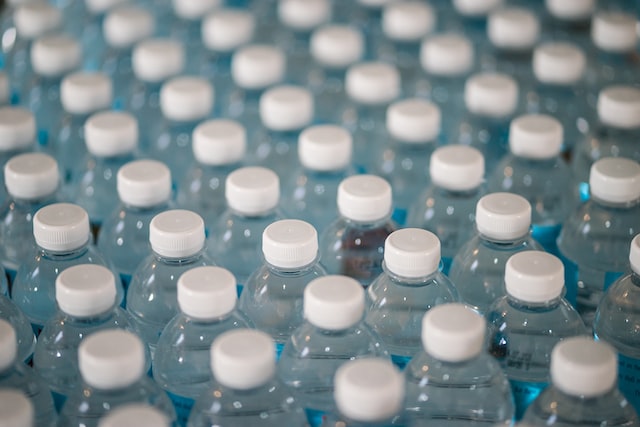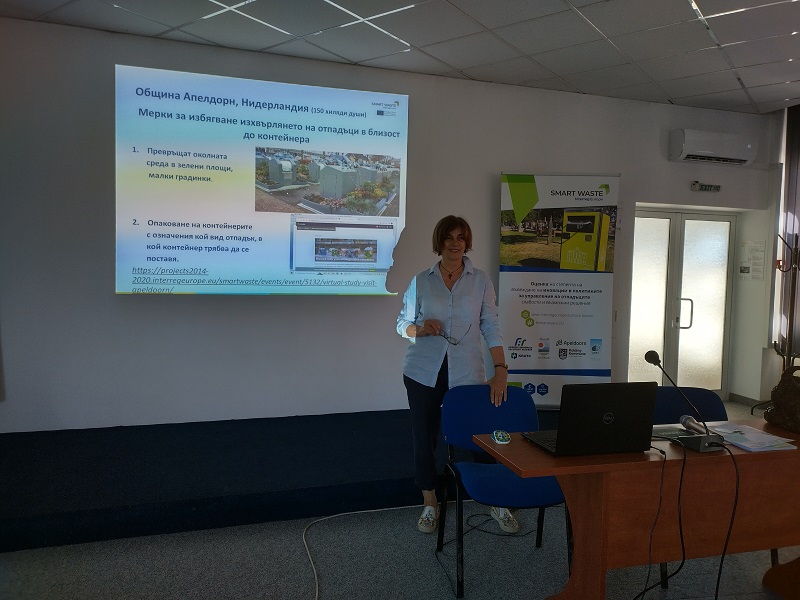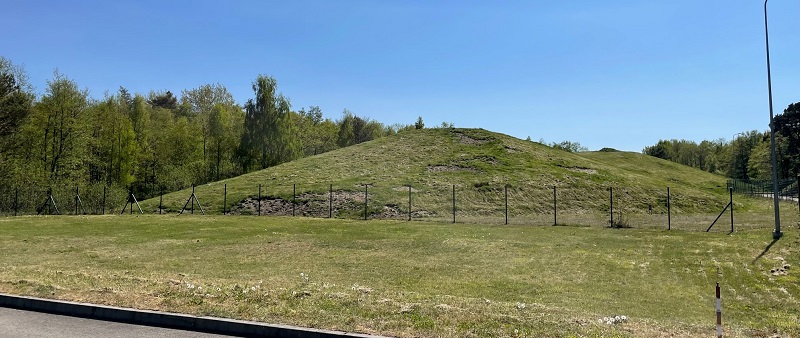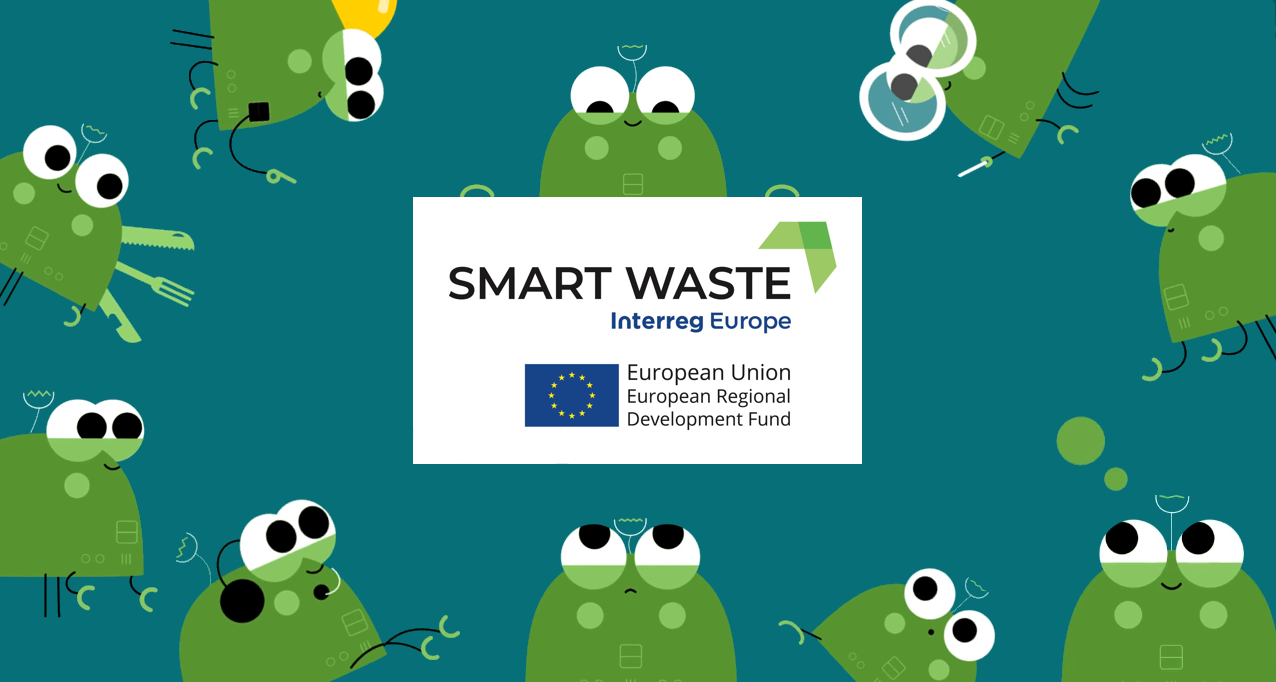To provide policymakers with regular scientific assessments on climate change, its implications and potential future risks, the United Nations created the Intergovernmental Panel on Climate Change (IPCC). It is now in its sixth assessment cycle, in which it is producing the Sixth Assessment Report (AR6) with contributions by its three Working Groups as well as a Synthesis Report, three Special Reports, and a refinement to its latest Methodology Report. In August, the IPCC has finalized the first part of the Sixth Assessment Report, Climate Change 2021: The Physical Science Basis, the Working Group I’s contribution to the Sixth Assessment Report.
The report underlines that “many of the changes observed in the climate are unprecedented in thousands, if not hundreds of thousands of years, and some of the changes already set in motion—such as continued sea level rise—are irreversible over hundreds to thousands of years.”
Foreseen climate changes in the coming decades include several severe phenomena, such as increasing heat waves, more common heat extremes up to critical tolerance thresholds for agriculture and health, intense rainfall and associated flooding, more intense drought in many regions, continued sea level rise in coastal areas, permafrost thawing, melting of glaciers and ice sheets, and loss of summer Arctic Sea ice.
The report also highlights the role of emissions from waste management as a driver of the recent growth of methane[1] (CH4) concentrations. Moreover, waste management sector is listed among 4 sectors producing the largest short-lived climate forcers (SLCF)[2] inducted warming.
Furthermore, the report offers strong evidence of the key role of environmentally sound waste management public policies to reach net zero CO2 emissions. This echoes the international campaign entitled More Circularity Less Carbon launched in early 2020 by ACR+, Advisory partner in SMARTWASTE project. The main goal of this initiative is to support local authorities to investigate how a reduction of 25% of the carbon emissions linked with local resource management could be achieved by 2025.Preliminary results show that this could be achieved by implementing local circular actions and through measures such as extending the lifetime of products through reuse and repair, food waste reduction and increasing recycled content in products. These measures can represent development opportunities for the local communities and can also lead towards increasing of city resilience.
More on the report here.
